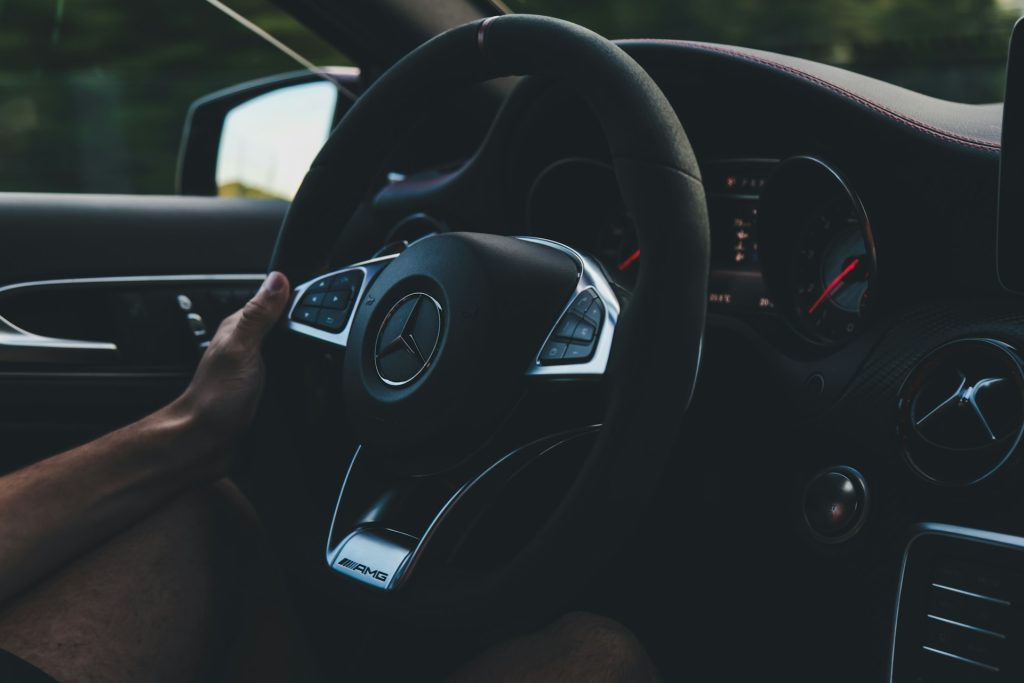So, you’re in the market for a new car, but now comes the big question—should you lease or buy? It’s a common decision that depends on your lifestyle, budget, and long-term goals. Some people swear by leasing because of its lower monthly payments, while others prefer the freedom and equity of owning their vehicle. Let’s break down the pros and cons of leasing vs buying so you can figure out what works best for you.

Leasing a New Car
Leasing is similar to renting, but for a longer term. You pay monthly to use the car and return it to the dealer when the lease ends. Leasing is ideal if you want to drive the latest models without committing to long-term ownership or worrying about major maintenance.
Pros of Leasing:
- Lower Monthly Payments: You’re only paying for the car’s depreciation during the lease term, making it more affordable month-to-month than buying.
- New Car Every Few Years: Leasing allows you to drive a brand-new car every few years, keeping you up to date with the latest technology and features.
- Minimal Maintenance Costs: Most leased cars are under warranty, so you won’t have to worry about major repair expenses.
Cons of Leasing:
- Mileage Limits: Leases often come with annual mileage caps, typically 10,000–15,000 km. Exceeding this limit can lead to costly fees.
- No Ownership: At the end of the lease, you don’t own the car, meaning you’ll have to start from scratch if you need a new vehicle.
- Early Termination Fees: Breaking a lease early can result in hefty penalties, so flexibility is limited.
Buying a New Car
Buying means you either pay upfront or finance the car through a loan. Once paid off, the car is yours to keep, sell, or trade in whenever you like. It’s the best option if you value ownership and long-term savings.
Pros of Buying:
- No Restrictions: Drive as much as you want, customise the car to your liking, and keep it as long as you wish.
- Build Equity: As you make payments, you gain ownership of the car, which can eventually be sold or traded in for value.
- No Monthly Payments (Eventually): Once the loan is paid off, you’ll enjoy years of driving without a monthly car payment.
Cons of Buying:
- Higher Initial Costs: Buying a car requires a larger upfront payment or higher monthly instalments than leasing.
- Depreciation: Cars lose value quickly, especially in the first few years, which can be a drawback if you plan to sell or trade in soon.
- Maintenance Expenses: As the car ages, repair and maintenance costs fall solely on you.
Factors to Consider
Financial Situation
If you’re working with a tight monthly budget, leasing might be the better choice due to its lower payments. However, if you can afford higher monthly instalments, buying allows you to build equity and eventually eliminate payments altogether.
Driving Habits
Mileage is a key factor. If you drive long distances regularly, buying makes more sense, as leases typically impose mileage limits. Conversely, if your driving is limited to a reasonable range, leasing could save you money.
Lifestyle Preferences
Do you love driving the latest models with the newest features? Leasing allows you to upgrade to a new car every few years without worrying about selling or trading in. But if you prefer stability and keeping your car for the long haul, buying offers the freedom to customise and maintain your vehicle as you see fit.
Long-Term Goals
If you value ownership and want to avoid car payments in the future, buying is the way to go. On the other hand, if flexibility and lower upfront costs matter more, leasing could be the better fit.
Leasing vs Buying: Quick Comparison
| Factor | Leasing | Buying |
|---|---|---|
| Monthly Payments | Lower | Higher |
| Ownership | No | Yes |
| Mileage Limits | Yes | No |
| Customisation | Restricted | Full freedom |
| Upfront Costs | Lower | Higher |
| Maintenance Costs | Minimal (under warranty) | Higher (out of warranty) |
| Flexibility | Upgrade every few years | Long-term commitment |
There’s no one-size-fits-all answer to the leasing vs buying debate. It depends on your budget, lifestyle, and goals. Leasing is great if you enjoy new cars with lower monthly payments and don’t drive excessive distances. On the other hand, buying is ideal if you want to build equity, drive as much as you like, and keep the car long-term.
Before making a decision, take time to assess your financial situation, driving habits, and what matters most to you. If you’re still unsure, reach out to a dealership or financial advisor for tailored advice. Whatever option you choose, you’re one step closer to driving off in your perfect car. Happy car shopping! If you already have a you want to trade in, check out How to Get Your Car Ready for Trade-In.
Learn More: For insights into car leasing or buying, visit Investopedia.


